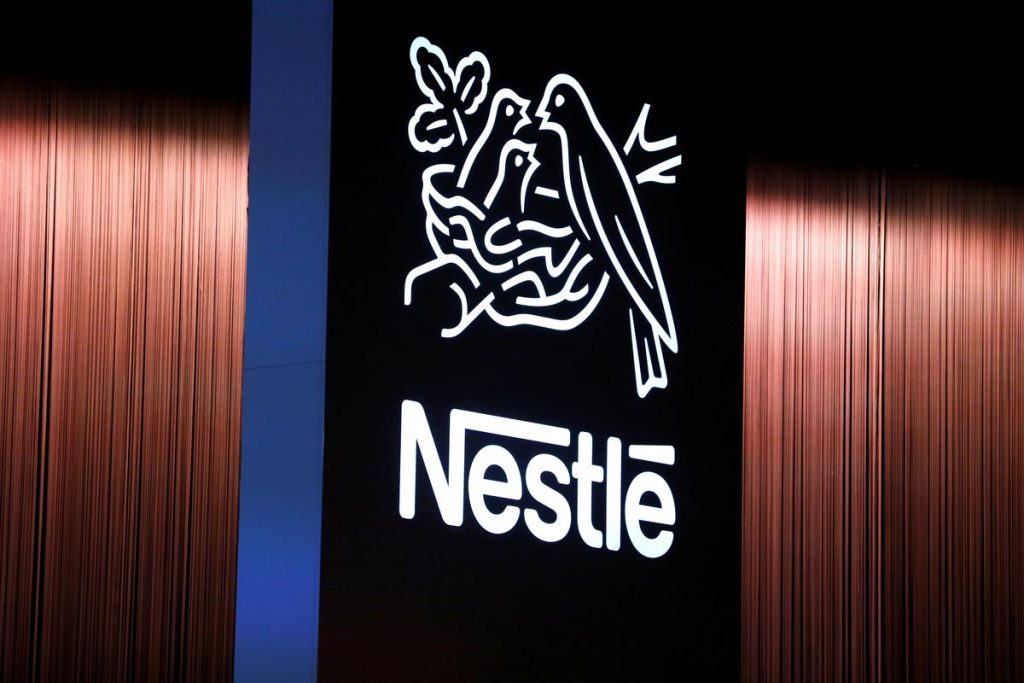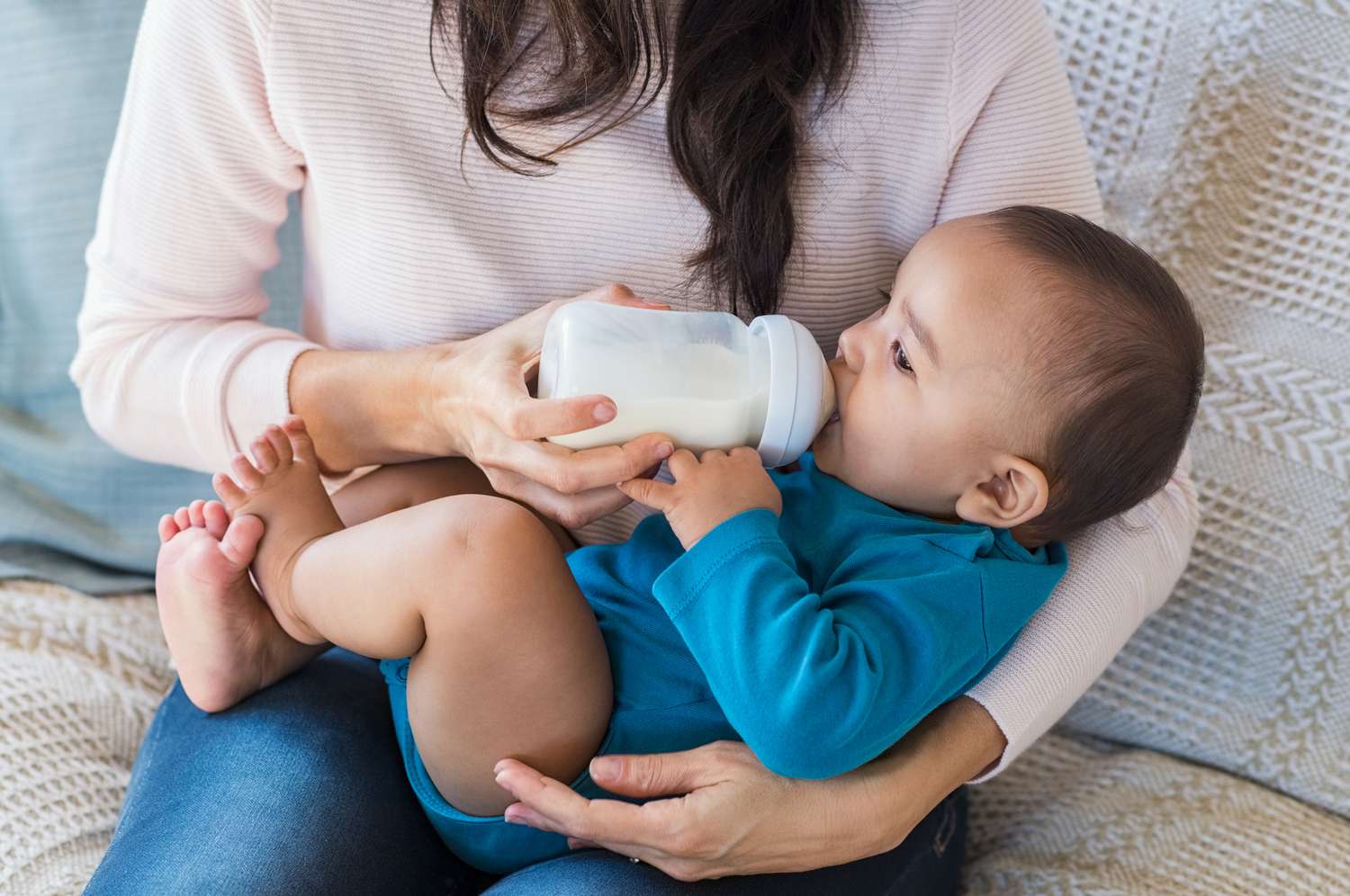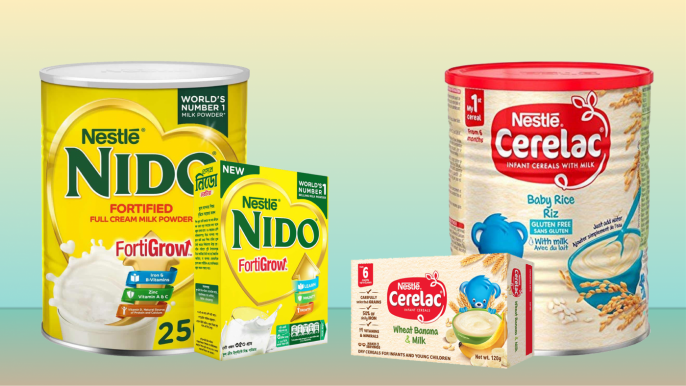- Nestle’s baby products sold in Global South countries contain significantly higher levels of added sugar compared to those in Europe.
- High sugar intake in infancy and early childhood is linked to an increased risk of obesity, diabetes, and dental problems later in life.
- There is a growing call for greater transparency and accountability in the marketing and formulation of baby foods, urging companies like Nestle to prioritize the health and well-being of their youngest consumers.
- Regulatory bodies and health organizations play a crucial role in monitoring and regulating the sugar content in baby foods to ensure that products meet nutritional standards and do not pose health risks to infants and young children.
Nestle, a global leader in the baby food industry, has come under scrutiny for the sugar content in its products sold in Global South countries such as Asia, Africa and Latin America compared to those in Europe. A greater discussion is taking place around disparities in sugar levels, and the potential health impacts, and calls for greater transparency and accountability in the marketing and formulation of baby foods.
It is crucial to mention that Nestlé’s brands Cerelac and Nido are some of the bestselling baby products around the world, especially in lower-and middle-income countries. In 2022, these two brands alone generated over $2.5 billion in sales, Ajplus reports.

Studies reveal higher levels of sugar added to Nestle products sold in Global South countries
Nestle’s baby products, including infant cereals, snacks, and juices, are marketed as nutritious and essential for infant growth and development. However, studies have shown that these products contain significantly higher levels of added sugar when sold in Global South countries compared to their counterparts in Europe.
Research by Public Eye and the International Baby Food Action Network (IBFAN) found high levels of added sugars in Nestlé products targeting infants in Asia, Africa and Latin America. They also found that misleading and complicated nutritional labels contribute to the success of high-in-sugar baby products sold in these countries.
The WHO recommends no sugars be added to foods for children under 3

In many Global South countries, where access to nutritious foods and healthcare may be limited, Nestle’s baby products are often perceived as a reliable source of nutrition for infants and young children. However, the high sugar content in these products raises concerns about the long-term health effects, including an increased risk of obesity, diabetes, and dental issues.
The disparity in sugar levels between products sold in different regions highlights the need for greater transparency and accountability in the baby food industry
Nestle and other companies must prioritize the health and well-being of infants and young children by providing clear and accurate information about the ingredients and nutritional content of their products.
Leading Women in Pakistan’s Media Marketing & Advertising Industry Share Their Opinion on the Gender Gap Divide #BreaktheBias. Read the full story here:
Leading women in Pakistan’s media marketing and advertising industry, Nida Haider, Managing Partner, IAL Saatchi & Saatchi, and Amna Khatib – Paracha, Chief Digital and Strategy Officer, Group M, share their opinions on the gender gap divide in Pakistan. We asked them whether the gender gap divide in Pakistan is changing in the advertising and media marketing industry, and the following is their opinion on the matter.
Have something to add? Let us know in the comments section below.
For more news and updates, stay tuned to Wow 360.
